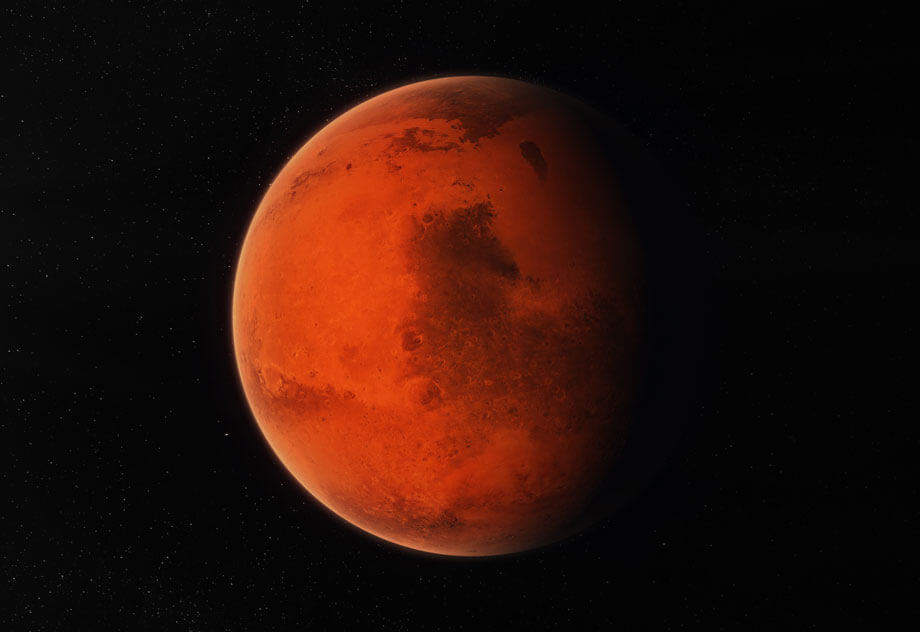In the medical school years while obtaining my M.D.-Ph.D., I once attended a lecture by Mark Shelhamer, head of the Johns Hopkins Human Spaceflight Lab, which is part of the NASA Human Research Program — a coordinated effort to examine the physiologic consequences of long-term human spaceflight and its associated health risks. The medical concerns of spaceflight are numerous, ranging from deconditioning and bone loss due to low gravity, to cosmic radiation, to eye damage from spaceflight-associated neuro-ocular syndrome. With a long-term game plan to land on Mars and build a habitat, NASA is carefully assessing and categorizing the health consequences associated with a multiyear manned spaceflight to Mars, with the eventual goal of a settlement on the red planet. NASA will soon start a yearlong simulated Mars mission in a habitat designed to mimic the conditions of living on a distant planet.
The idea of settling on a different planet has always captured the public’s imagination, especially now as myriad private spaceflight companies dream big about human habitation on the moon and Mars. Yet with all the excitement and hubbub, people rarely stop to think carefully about what it would mean for the first astronauts and colonists to leave Earth for Mars and never return. Would you volunteer to leave loved ones on Earth forever and settle on Mars? Most people would say no. However, the challenge and novelty of being among the first settlers (and medical doctors) on Mars would be quite incredible.
As I imagine what it would mean to live on a faraway planet, I see parallels with my experience as a first-generation immigrant to the U.S. A long spaceflight in the twilight hours with uncomfortable seats and swollen feet begins the journey. The landing is disorienting and confusing, caught in lag between time zones under a foreign sky. Nothing can be taken for granted, as one must learn quickly every day, from the daily tasks of living to new social situations. Everything is unfamiliar and uncertain. Sometimes it feels hard to breathe, crowded in an unfamiliar place with unfamiliar people so far from home, with only infrequent communication with family. Surviving is a lonely struggle, and family members and friends from home can only be supportive in a vague way, as they have no concrete inkling of what it is like.
Yet, eventually, the newcomer adjusts to the new place, and it becomes home. There are new friends and colleagues, new projects and achievements, and a new sense of purpose. The past left behind feels distant as old identities melt away. The future seems clearer in the new place, with a career and a role to play in the society. Eventually, the traveler sees himself as Martian, no longer an earthling. His children would be Martians, speaking a language different from his mother tongue.
The drive that once brought millions to the distant shores of Ellis Island and other ports of entry into America is the same drive that will propel the first settlers to Mars. It would be a true marvel to witness the first colonization of the planet.
Related Content
- NASA Social — The State of NASA at Goddard Spaceflight Center
- How Genetics Can Inform Future Missions to Mars
- Worldwide Refugee Crises and How to Help
- What Happens to Heart Cells in Space?
Want to read more from the Johns Hopkins School of Medicine? Subscribe to the Biomedical Odyssey blog and receive new posts directly in your inbox.
